WSIS Action Line C9: Digital Challenges to Press Freedom, Media Viability and Safety of Journalists
UNESCO
Session 429
The proliferation of digital technologies in the media sector has brought innovation and renewal to the journalistic profession. Data journalism, verification tools, and an unprecedented ease to interact with sources are but a few examples. However, digital technologies have also transformed existing challenges to freedom of expression and media development – and created new ones.
Drawing on original analysis of more than 160 data sources, the UNESCO flagship report Journalism Is a Public Good: World Trends in Freedom of Expression and Media Development noted the following:
- Dozens of laws have been adopted or amended since 2016 that contain overly vague language or disproportionate punishments that threaten online freedom of expression. Internet shutdowns cut off access to information in many fragile environments around the world.
- News audiences have shifted from traditional media to social media. Google and Meta now receive approximately half of all global digital advertising spending. while global newspaper advertising revenue dropped by half in the last five years.
- Journalists face evolving threats in the digital space, including sophisticated surveillance methods and waves of online violence, which disproportionately targets women journalists.
The Action Line C9 Media session will build on the findings of UNESCO’s World Trends Report, specifically focusing on how digital challenges have impacted press freedom, media viability, and the safety of journalists. Bringing together perspectives of journalists and experts from across media, the UN, and the technical community, the session will discuss some of the key challenges and how to address them in order to safeguard journalism as a public good.
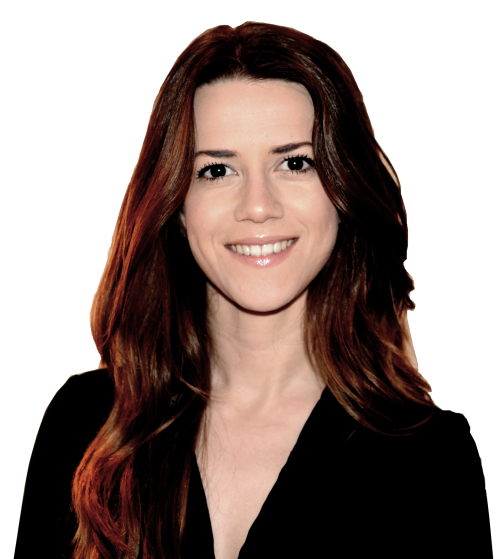
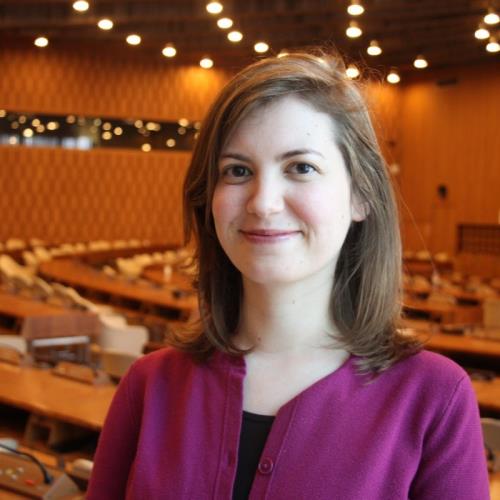
Rachel Pollack is a specialist in freedom of expression and digital technologies at UNESCO, where she has worked since 2012. She coordinates the flagship series of reports on World Trends in Freedom of Expression and Media Development. These reports inform the development of media policy frameworks, international and regional discussions, academic research, and UNESCO strategies and programming.
At UNESCO, Rachel also leads work to counter potentially harmful content online, such as hate speech and mis- and disinformation, while protecting and respecting human rights online. Connected to this work, she and her team advocate for greater transparency and accountability of social media companies and other digital platforms. Rachel is a graduate of Harvard University, EHESS, and the Oxford Internet Institute, where her research focused on policy debates related to transparency in search engine algorithms.
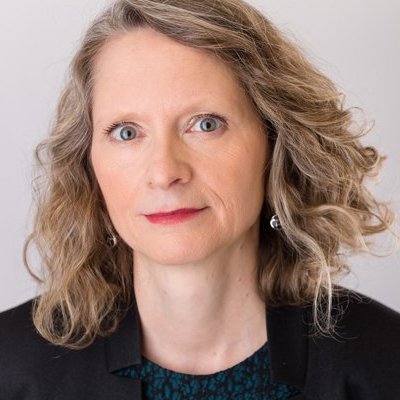
Since January 2016, Peggy Hicks has served as director of the Thematic Engagement, Special Procedures and Right to Development Division of the UN Human Rights Office (OHCHR).
She provides strategic direction to the UN Human Rights Office’s work on a broad range of pressing human rights issues, including human rights in the digital age and expanding civic space. From 2005 to 2015, she was global advocacy director at Human Rights Watch, where she was responsible for managing Human Rights Watch’s advocacy team and providing direction to its advocacy worldwide. Ms. Hicks previously served as the director of the Office of Returns and Communities in the UN mission in Kosovo and as Deputy High Representative for Human Rights in Bosnia and Herzegovina. She has also worked as the Director of Programs for the International Human Rights Law Group, and as clinical professor of human rights and refugee law at the University of Minnesota Law School. Ms. Hicks is a graduate of Columbia Law School and the University of Michigan.
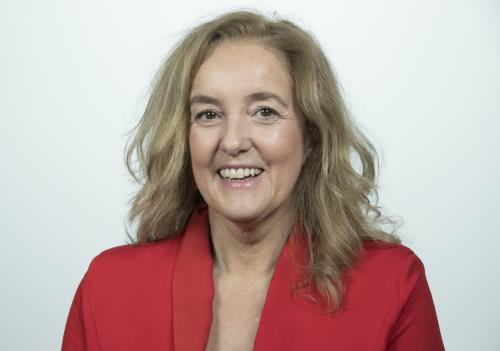
Asun Gómez Bueno works at TVE since 1989, she is currently director of International Relations for RTVE and adviser to the transmedia Head of News and Current Affairs for the integration of the platforms She is also vicechairwoman of EBU News Committee since 2019 and she was reelected for two more years in November 2021.
She coordinates the Task Group on journalist safety and is the vicechairwoman of COPEAM and chairwoman of its Radio Committee.
Before that (2009-2012) she served as director of the 24 Hours News Channel, which was awarded as Best Thematic Channel in 2010 and 2012 by the Spanish TV Academy. Prior to this (2004-2009) she was head of News Exchange and News Gathering, when the department got the Excellence Award for her contribution to Diversity and Quality of News Exchanges. As head of the News Exchange and News Gathering she lead the digitation project of the Newsroom.
She has participated -while holding these positions and afterwards- in many projects related to the defence of the Public Service Media, how to fight disinformation, and the independence of journalism apart from the Newsroom integration.
She is also a member of the Mediterranean Observatory of Communication of the Autonomous University of Barcelona and during the last two years she was one of the thirteen members of the TVE News Council, a body elected by the professionals of information of TVE with the function of ensuring the editorial independence of the corporation news programs.
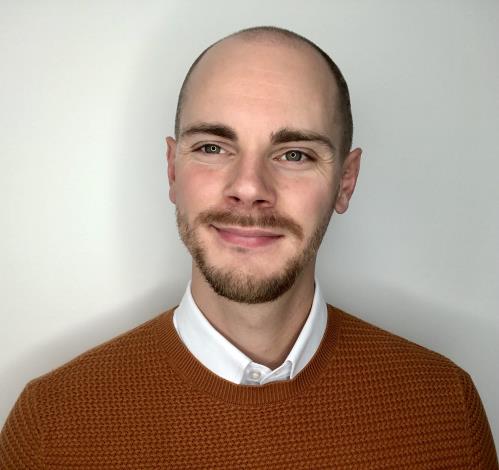
Callum Voge is the Senior European Government Affairs and Advocacy Advisor at the Internet Society, a global nonprofit organisation that empowers people to keep the Internet a force for good: open, globally connected, secure, and trustworthy. Callum’s expertise and interests lie at the intersection of freedom of expression and digital technologies. Callum spent five years at non-profit media publication Project Syndicate where he negotiated partnerships with editors in over 50 countries. More recently he served as a senior policy advisor at the UK Department for Digital, Culture, Media and Sport where he led on the topic of Internet Safety at the G7 Digital and Tech negotiations. Callum holds a Master’s of Public Policy from the University of Oxford and is fluent in Mandarin Chinese.
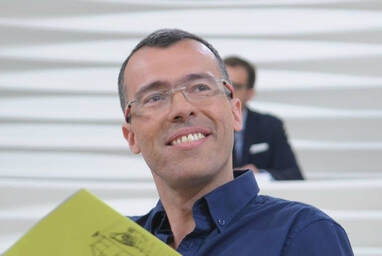
Jamil Chade has been a correspondent in Geneva for two decades and is currently the columnist for UOL News, The Geneva Observer, Canal MyNews, Bandeirantes TV and BandNews Radio.
With stories written from more than 70 countries, the journalist from São Paulo is also part of a network of anti-corruption experts organized by Transparency International. He was the president of the Foreign Press Association in Switzerland, and has contributed to international media outlets such as the BBC, CNN, CCTV, Al Jazeera, France24, La Sexta, and others.
Living in Switzerland since 2000, Chade is the author of seven books, three of which were finalists for the Jabuti Award, the main literature award in Brazil. The journalist was twice elected the best Brazilian correspondent abroad by the entity Comunique-se and was considered one of the 40 most admired journalists in the country.
-
 C9. Media
C9. Media
-
 Goal 16: Promote just, peaceful and inclusive societies
Goal 16: Promote just, peaceful and inclusive societies